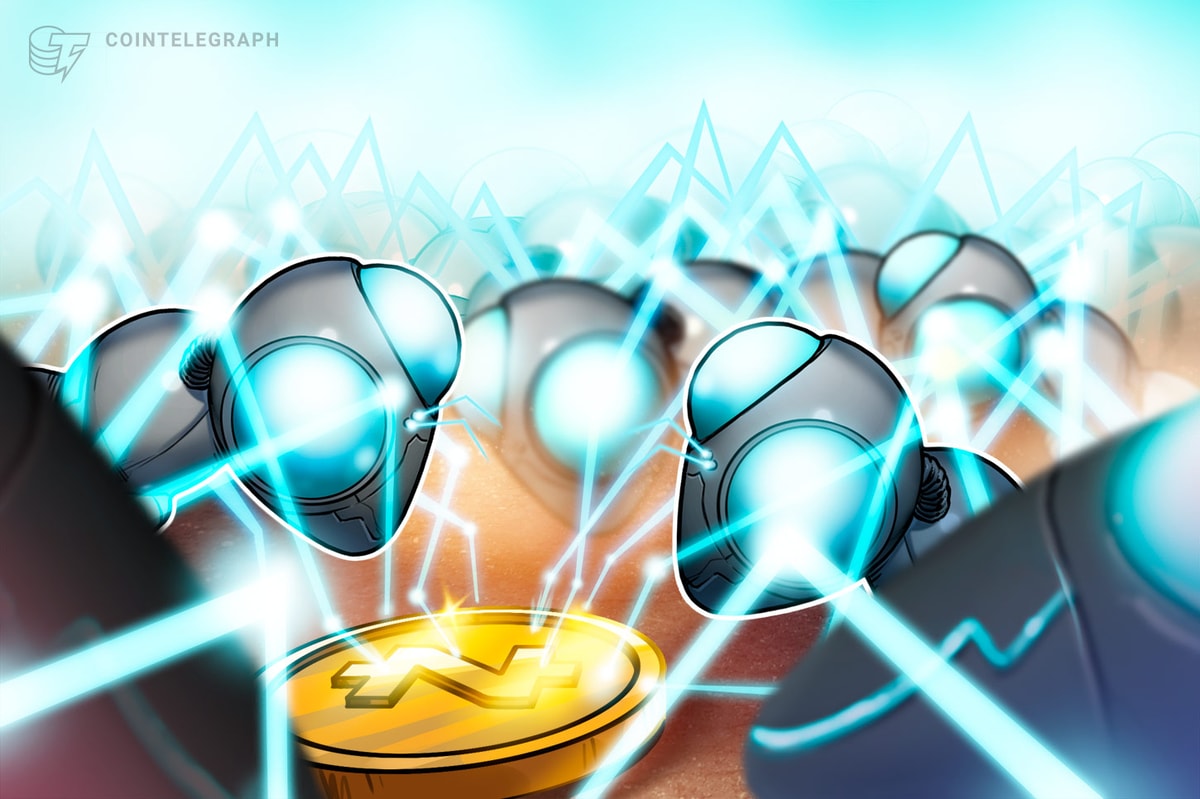Since joining the European Union more than 12 years ago, Croatia has cultivated its image as a cooperative partner within the 27-country bloc.
Unlike its far more troublesome neighbor to the north, Hungary, Croatia hasn’t forged a foreign policy that deviates from the EU mainstream and it has supported all of the EU’s sanctions on Russia. It has also played a constructive role with other countries in the Balkans who want to join the EU.
In terms of domestic politics, everything also seemed more or less stable. Croatia has experienced slow but steady economic growth. A coalition led by the conservative Croatian Democratic Union, or HDZ, has governed the country for years. The coalition, led by Prime Minister Andrej Plenkovic, is now in its third term.
Some have described Plenkovic as a “servant of Brussels.” He is considered liberal but, at the same time, he has been able to keep more conservative forces in his party and in Croatian society in general satisfied.
This stability also benefited Croatia’s minorities and in particular, the country’s largest minority, Croatian Serbs. Right-wing nationalists would often try to scapegoat the Serbs but the Independent Democratic Serb Party, or SDSS, was a long-time coalition partner of Plenkovic’s. This meant anti-Serb excesses were mostly a fringe political phenomena.
Popular concert emboldens far right
That all seemed to change this summer. The turning point came during an open-air concert by Croatian rock singer Marko Perkovic, whose stage name is “Thompson,” after the machine gun he used during the Croatian war of independence between 1991 and 1995.
Perkovic is well known for his nationalistic and even far-right songs. One of his biggest hits begins with the call, “For the homeland — Ready!,” a salute used by Croatia’s Nazi-era Ustasha regime, which ran concentration camps during World War II.
Past concerts have been canceled over his far-right focus, but this doesn’t appear to have diminished his popularity. The July 5 concert in Zagreb, held at the city’s horse racing arena, drew around 500,000 people. Before and after the concert, fans displayed Ustasha symbols and shouted slogans. Police present at the concert didn’t intervene.
The day before the concert, Prime Minister Plenkovic attended a rehearsal with his children and had his picture taken with Perkovic. Other ministers and members of parliament also boasted about having been at the concert.
Jurica Pavicica, a Croatian journalist and regular columnist on cultural affairs, said the concert acted like a starting gun for the country’s far right.
“There were a lot of people there and a great deal of neo-Nazi iconography,” he told DW. “The previously moderately-conservative government caved in to this crowd.”
‘Space for freedom is shrinking in Croatia’
Perkovic’s concert had an significant impact. Throughout the summer, veterans’ associations staged protests in different cities, trying to stop cultural festivals they deemed as being too liberal.
Croatia’s Serbian minority has increasingly been targeted. In early November, black-clad members of the Torcida Split football fan group violently disrupted a folklore and theater evening in Split. The event was intended to be the opener to a Days of Serbian Culture festival. The football ultras shouted fascist slogans and insulted Serbs.
In Zagreb on November 7, masked individuals tried to prevent the opening of an exhibition at the Serbian Cultural Center until police were able to force them to disperse. The masked men chanted that same Ustasha slogan, “For the homeland — Ready!,” and also threatened and insulted Serbs.
Two days later, individuals in Rijeka tried to interrupt a martial arts tournament in which Serbians were competing, before being stopped by police.
Croatia’s politicians offered up fairly muted reactions to these developments. Prime Minister Plenkovic condemned the incidents and said there was no place for intolerance in Croatian society. He rejected accusations that his government was tolerating fascist Ustasha ideologies.
Vesna Terselic, head of the Zagreb-based Documenta – Centre for Dealing with the Past, sees it differently. Terselic believes the actions of some of Croatia’s most senior politicians are to blame for the increasingly xenophobic and aggressive climate in the country.
“It’s distressing to see how the space for freedom is shrinking in Croatia,” she told DW.
Is Croatia’s prime minister to blame?
“Croatia has not confronted its past and its institutions are currently incapable of — and I actually wonder if they even want to — guaranteeing everyone living in the Republic of Croatia a space for freedom of expression, of creativity, media and academia,” said Terselic.
Relativizing the past and the Ustasha has been going on for some time, she added, but this latest phase is the most problematic.
“I see the prime minister as directly responsible,” she said.
Cultural affairs columnist Pavicic sees what’s happening in Croatia as part of the general political movement toward the right happening all over Europe. If Croatia’s prime minister is responsible, then Pavicic believes it’s more about his lack of strong action against the far right.
“It’s a combination of opportunism, cowardice and the feeling that the entire political momentum has shifted to the right,” he explained.
Up until now, Croatia’s newly resurgent far right has mostly restricted itself to threats or intimidation. But Pavicic said that in general, the atmosphere has become more aggressive.
Asked whether he believes it will come to violence, he replied, “Yes, it’s possible. It wouldn’t surprise me.”
This article was originally written in German.








